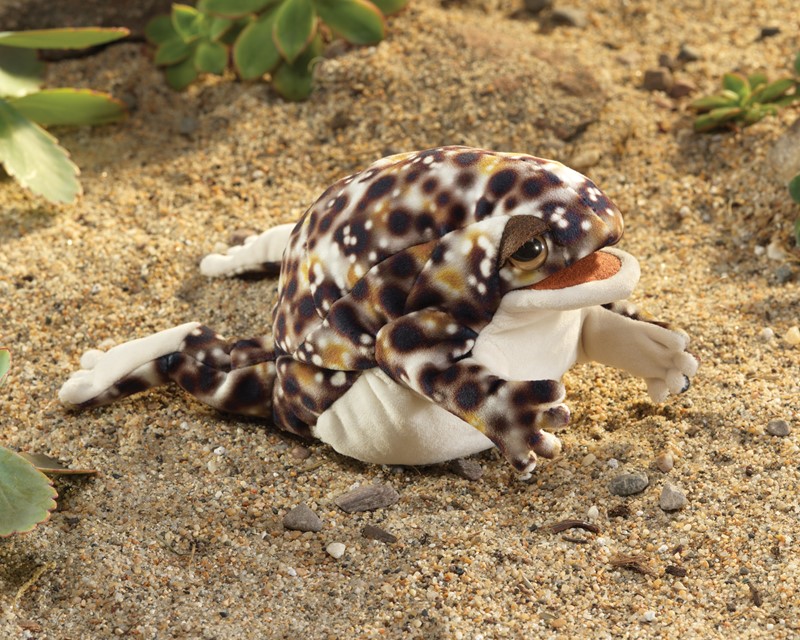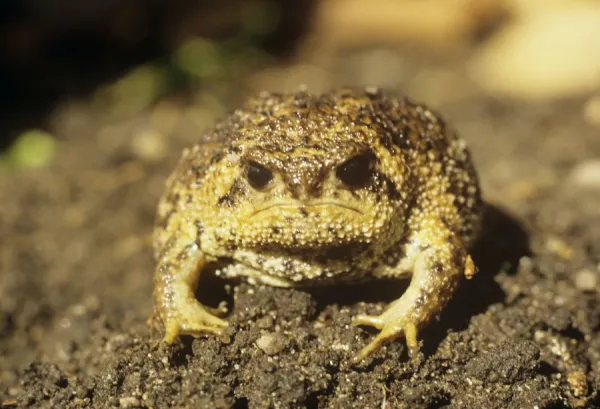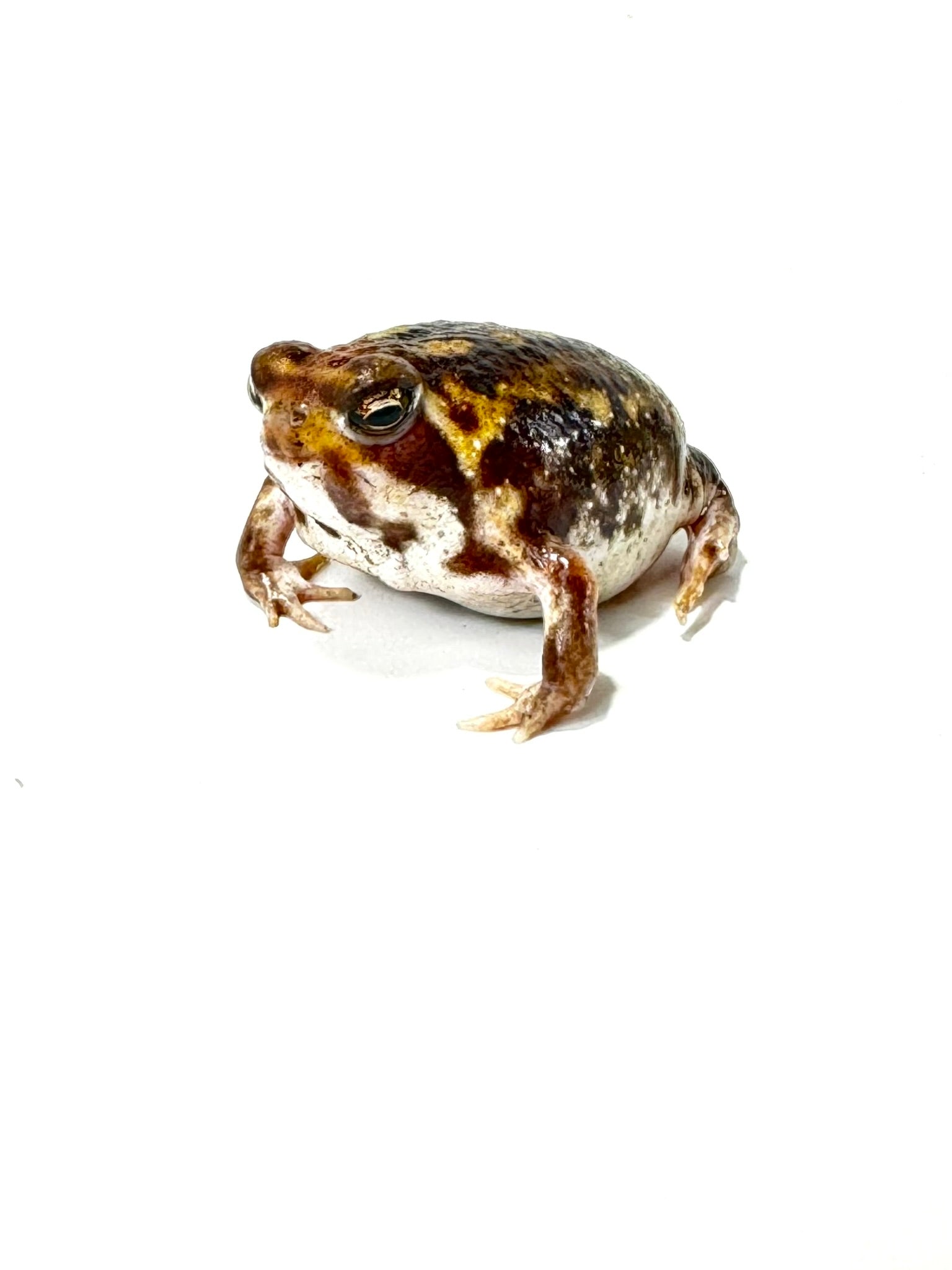Common Wellness Issues in Reptiles: Signs And Symptoms and Solutions
In the intricate globe of reptile treatment, understanding the typical health concerns that might influence these unique animals is paramount in ensuring their wellness. From respiratory infections that can silently hold to metabolic bone illness that can cripple, reptiles are susceptible to a variety of disorders that call for eager monitoring and timely intervention. Whether it's facing parasitical invasions, browsing dehydration issues, or addressing skin conditions that show up in subtle methods, being in harmony with the signs and outfitted with the expertise of effective solutions is necessary for any kind of reptile proprietor. By delving additionally into the subtleties of these health and wellness problems and exploring the functional remedies readily available, one can safeguard the health and wellness and vitality of these fascinating pets.
Respiratory Infections
Breathing infections in reptiles can significantly influence their overall health and call for prompt attention from skilled vets. These infections are commonly triggered by fungi, viruses, or microorganisms and can manifest through symptoms such as wheezing, nasal discharge, open-mouth breathing, and sleepiness. In reptiles, respiratory system infections can be specifically testing to detect and deal with as a result of their special anatomy and physiology. Veterinarians commonly count on a mix of physical exams, analysis imaging, and lab tests to accurately identify the underlying reason for the infection.
Treatment for respiratory infections in reptiles generally includes a combination of supportive care, such as keeping appropriate humidity degrees and temperature level gradients in the unit, in addition to targeted medication to deal with the specific virus accountable for the infection. It is essential for reptile proprietors to monitor their pets closely for any kind of indications of respiratory distress and look for veterinary care at the earliest sign of a problem. With prompt intervention and ideal treatment, several reptiles can recuperate fully from breathing infections and resume regular activities.

Metabolic Bone Illness
What factors contribute to the growth of Metabolic Bone Illness in reptiles?
Metabolic Bone Illness (MBD) in reptiles is mainly triggered by an absence of correct calcium, phosphorus, and vitamin D3 degrees in their diet. When reptiles do not get ample calcium, either via their food or proper UVB exposure for vitamin D3 synthesis, they are at a high danger of creating MBD. Reptiles with diets reduced in calcium or unbalanced calcium to phosphorus proportions are particularly at risk. In addition, poor exposure to UVB light avoids reptiles from synthesizing vitamin D3, which is vital for calcium absorption and bone health.
Various other contributing aspects to MBD consist of incorrect temperature gradients within the reptile's environment, bring about lowered metabolism and impaired calcium absorption. Insufficient moisture levels can likewise affect a reptile's capability to metabolize calcium efficiently. In addition, certain reptile varieties have certain nutritional needs that, otherwise satisfied, can increase the probability of establishing MBD. Normal vet exams, proper husbandry techniques, and a well balanced diet regimen are essential to protect against Metabolic Bone Illness in reptiles.
Parasitical Problems
Parasitic problems position a substantial health and wellness risk to reptiles, impacting their general wellness and calling for prompt veterinary interest. Reptiles can be influenced by different bloodsuckers, consisting of termites, ticks, inner worms, and protozoa. These parasites can trigger a variety of symptoms, such as weight reduction, sleepiness, skin irritability, diarrhea, and also fatality if left neglected.
One common bloodsucker located in reptiles is the mite, which can create skin anemia, anxiety, and irritation. Ticks are one more exterior bloodsucker that can send conditions and cause pain to the reptile. Inner bloodsuckers like worms and protozoa can cause digestion concerns, malnutrition, and compromise the reptile's body immune system.
To diagnose a parasitical problem, a vet might execute fecal tests, skin scrapings, or blood tests. Treatment frequently involves deworming drugs, antiparasitic bathrooms, or in severe cases, a hospital stay. Preventative steps such as regular vet examinations, appropriate hygiene, and quarantine treatments for new reptiles can assist reduce the risk of parasitical problems and guarantee the well-being of reptile pets.
Dehydration and Hydration Issues
Dehydration in reptiles can significantly impact their wellness and well-being, demanding prompt treatment and proper hydration monitoring. Reptiles are prone to dehydration because of numerous factors such as poor water intake, high environmental temperatures, and specific health problems. Symptoms of dehydration in reptiles include sunken eyes, lethargy, loss of skin elasticity, and decreased peeing. Dehydration can lead to severe health and wellness concerns and even be deadly to the reptile - rain frog for sale. if left neglected.
To avoid dehydration, reptile proprietors should make sure that their pet dogs this hyperlink have access to tidy water in any way times. The water recipe must be huge sufficient for the reptile to take in if required, particularly for varieties that absorb water through their skin. Additionally, preserving appropriate humidity levels in the reptile's unit and giving normal bathrooms can help prevent dehydration.
In instances of dehydration, it is critical to look for vet treatment without delay. A veterinarian may carry out fluids either orally or through shots to rehydrate the reptile. It is important to address the underlying cause of dehydration to avoid reoccurrence and ensure the reptile's total health.
Skin Disorders

Verdict

Breathing infections in reptiles can substantially impact their total health and need prompt focus from skilled vets (rain frog for sale). Preventative actions such as normal vet examinations, proper health, and quarantine treatments for new reptiles can help decrease the risk of parasitical infestations and ensure the wellness of reptile pet dogs
If left unattended, dehydration can lead to major health problems and also be fatal to the reptile.
Regularly evaluating your reptile for any adjustments in skin appearance, shade, or appearance can aid in early detection and therapy of skin disorders, promoting the general wellness and health of your flaky buddy. - rain frog for sale
In verdict, reptiles are check here vulnerable to various health concerns such as respiratory infections, metabolic bone disease, parasitic infestations, dehydration, and skin ailments.